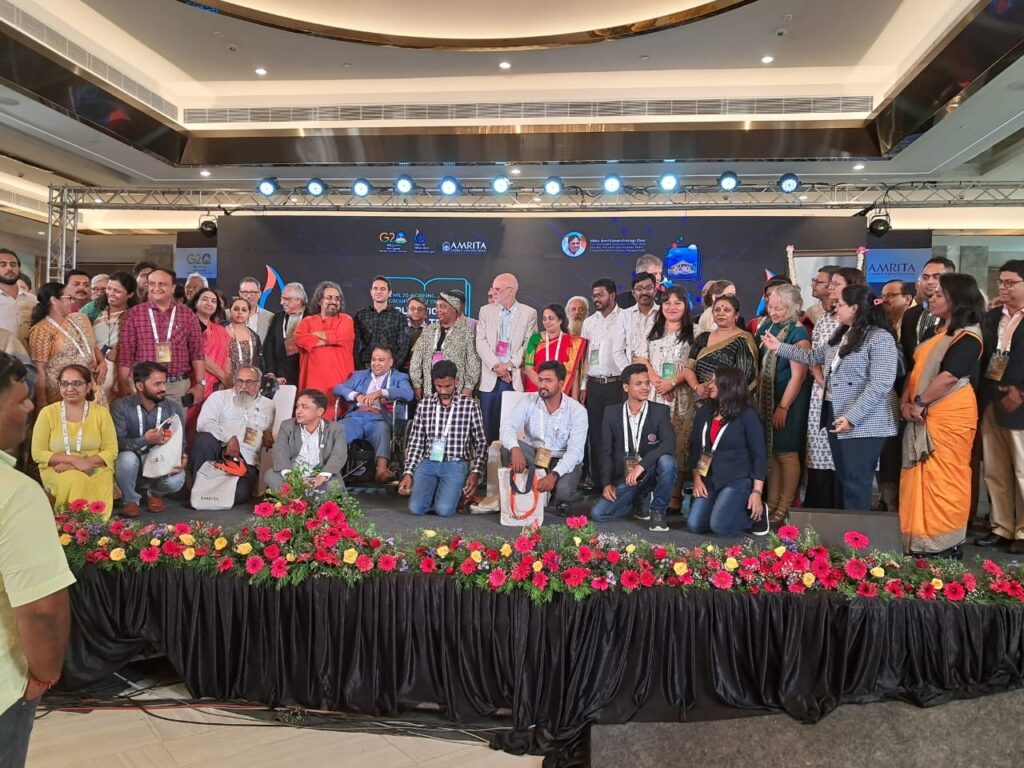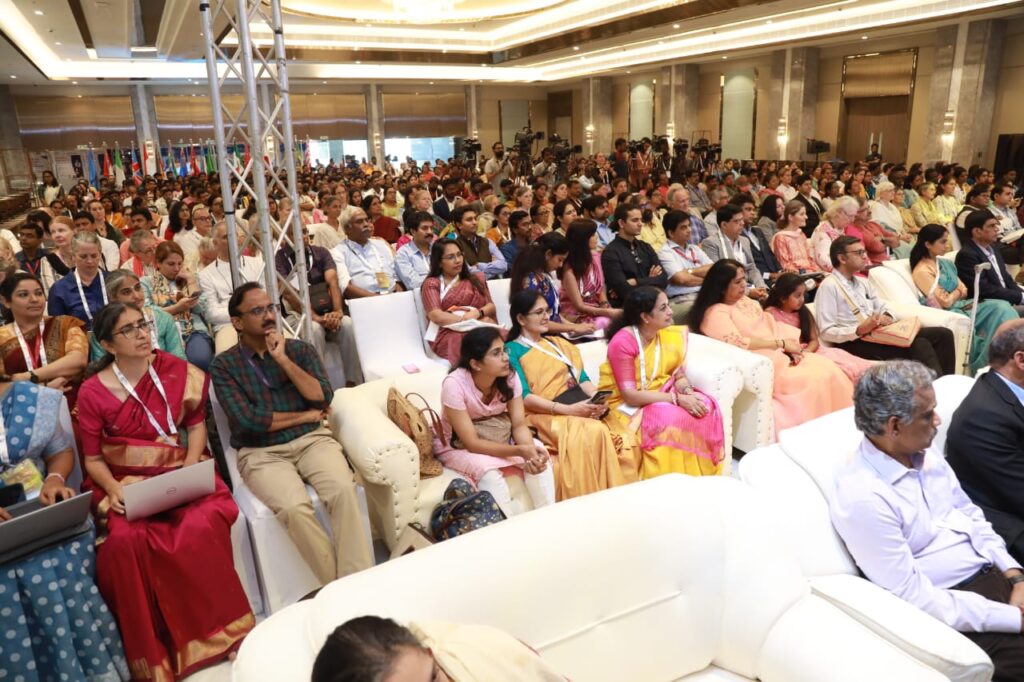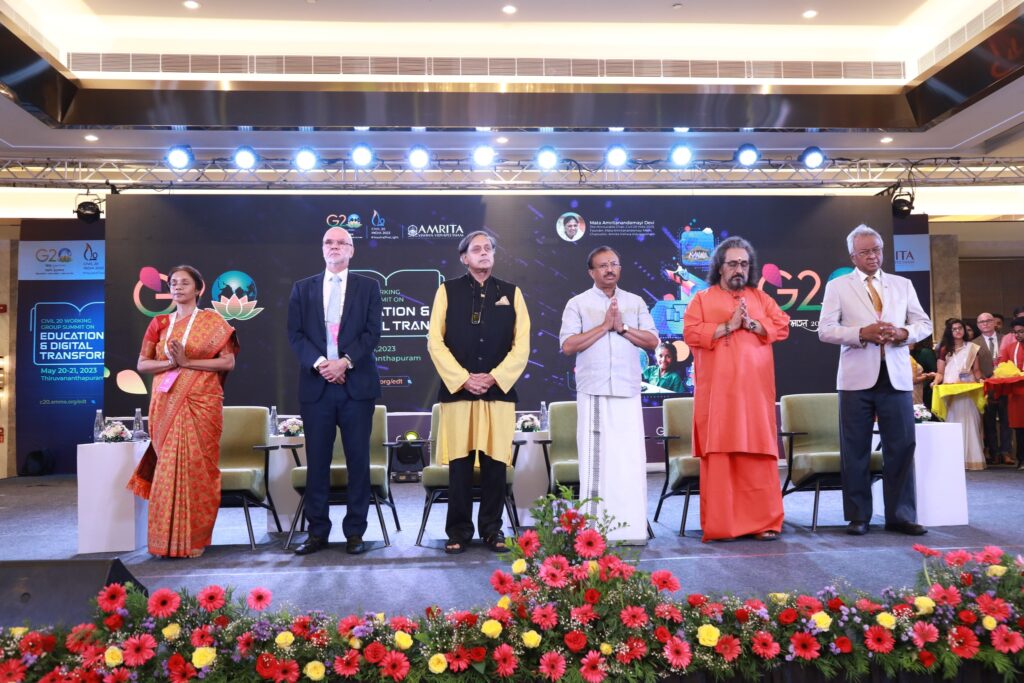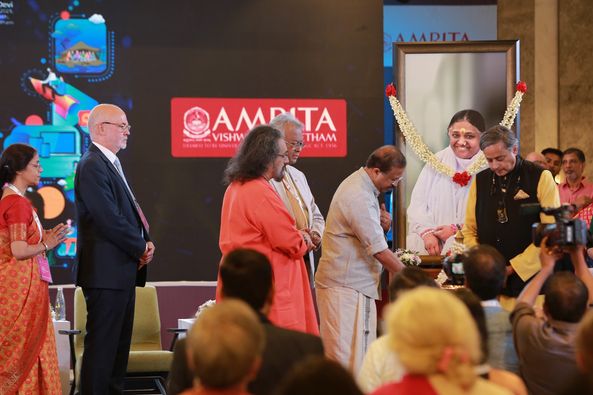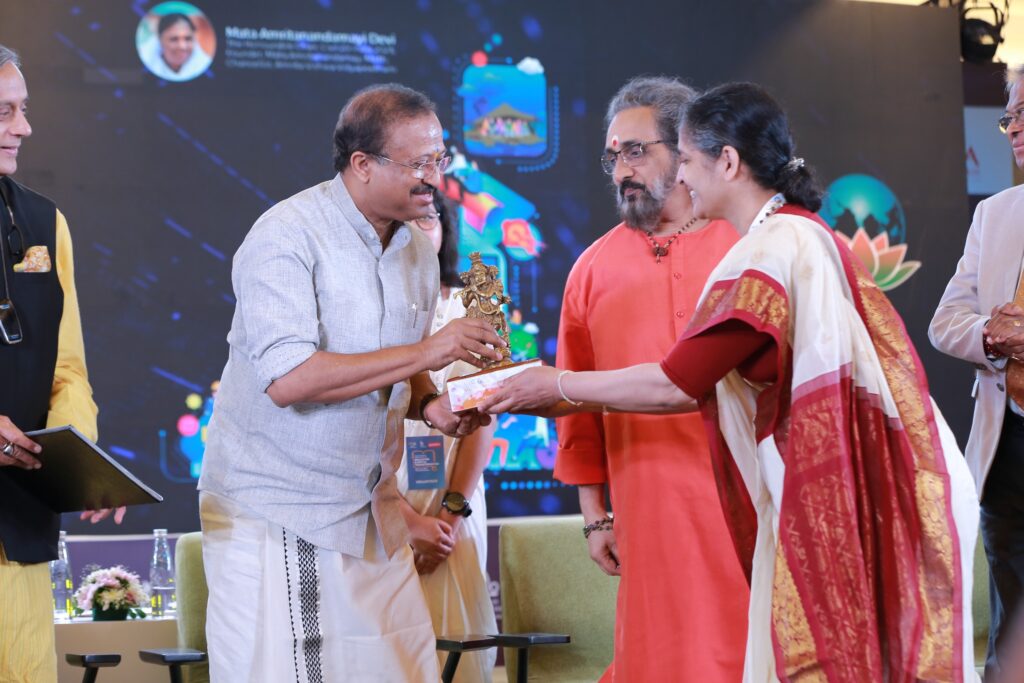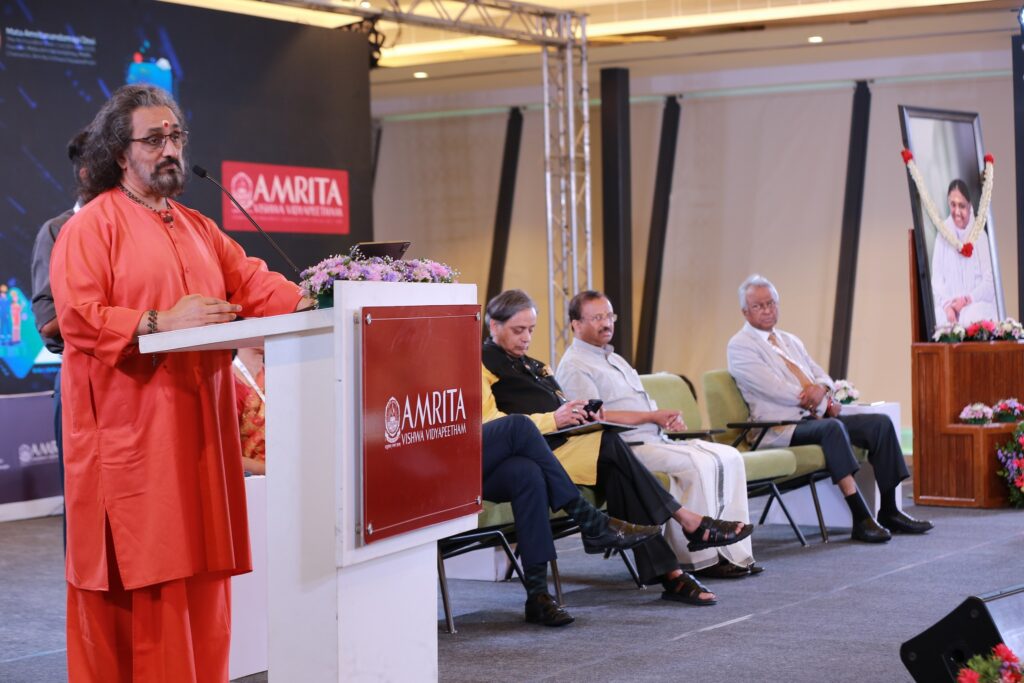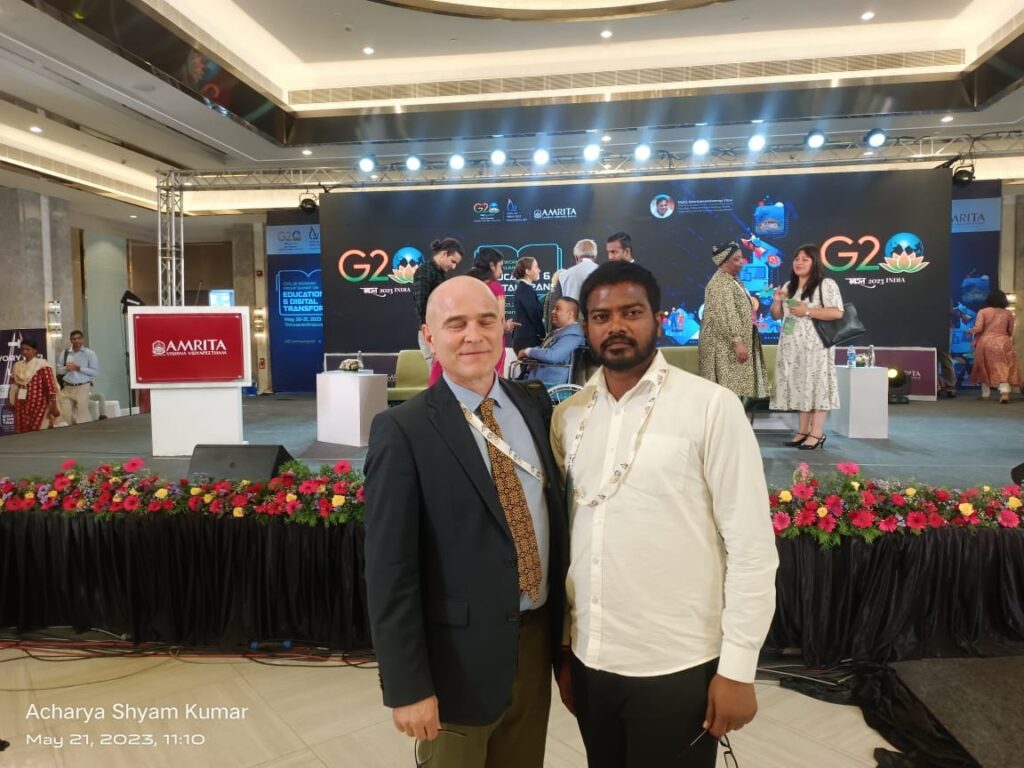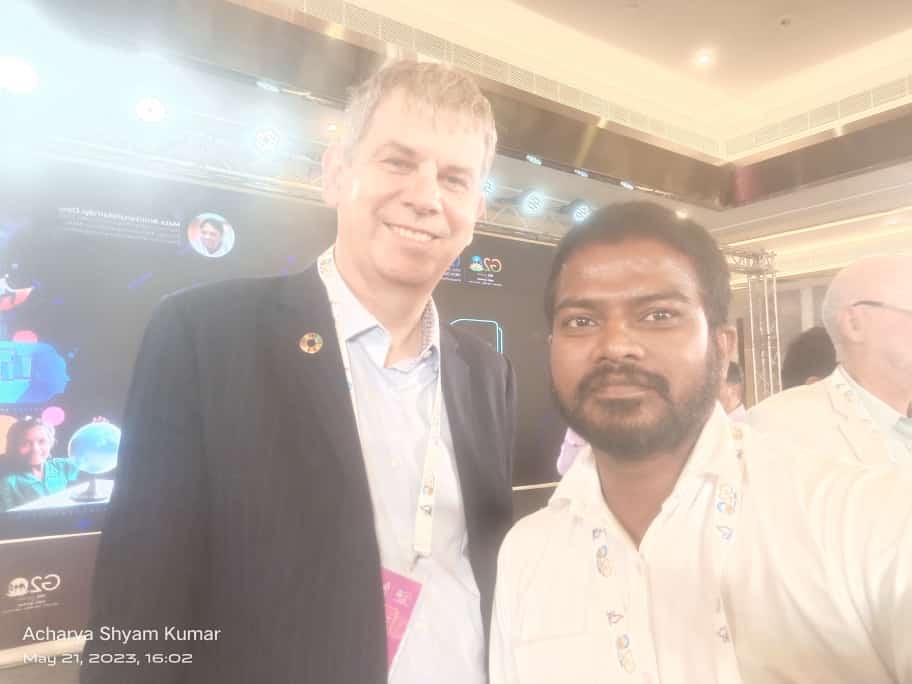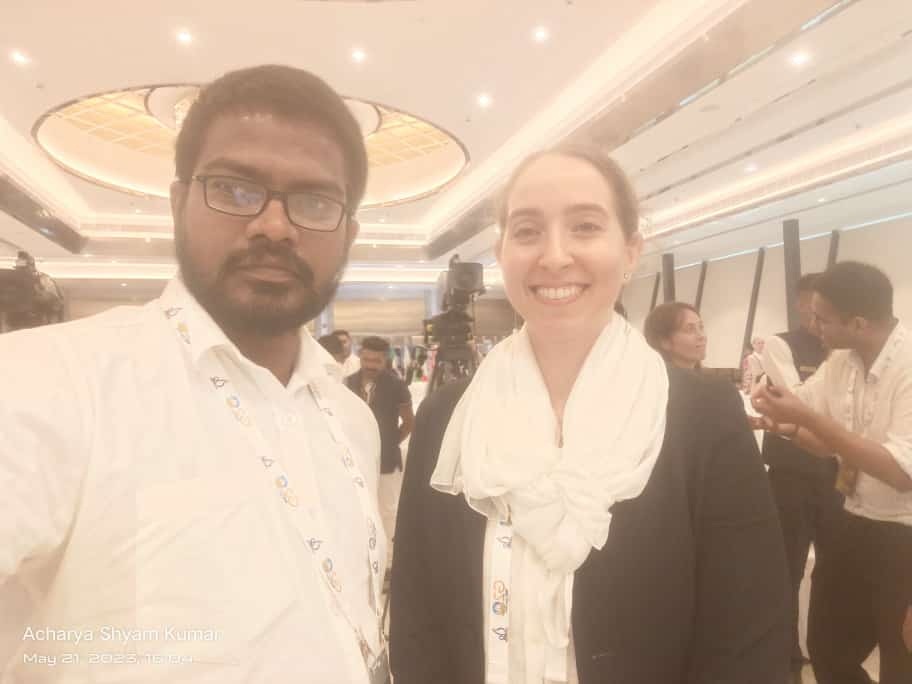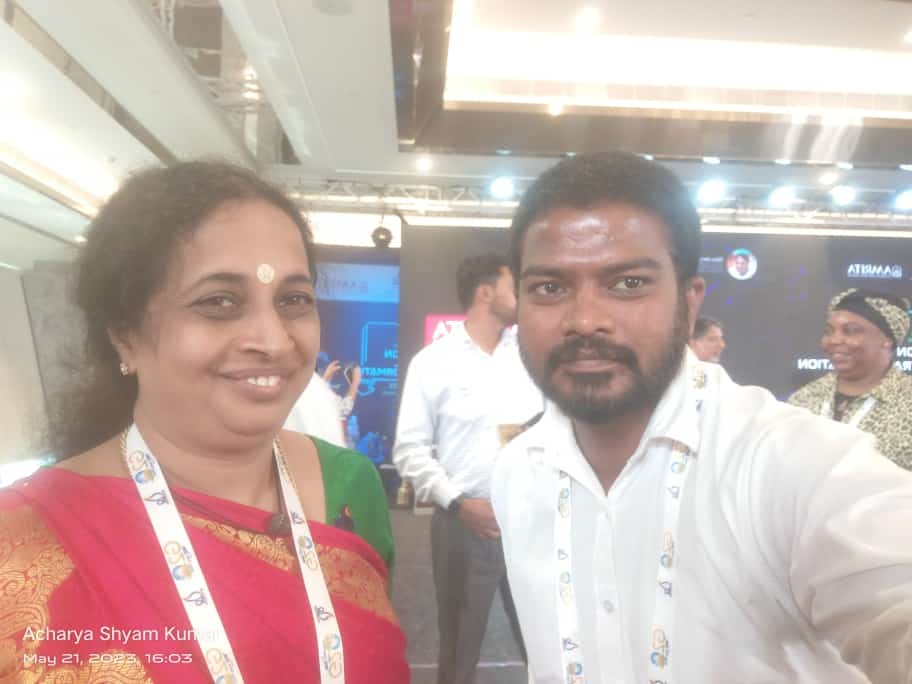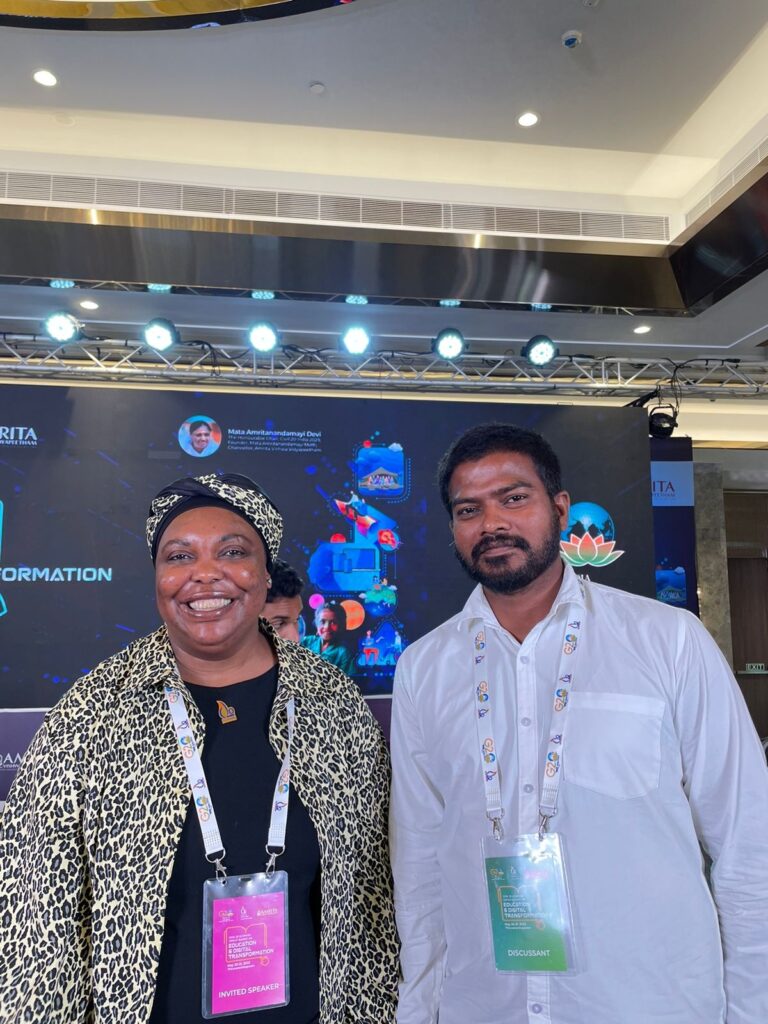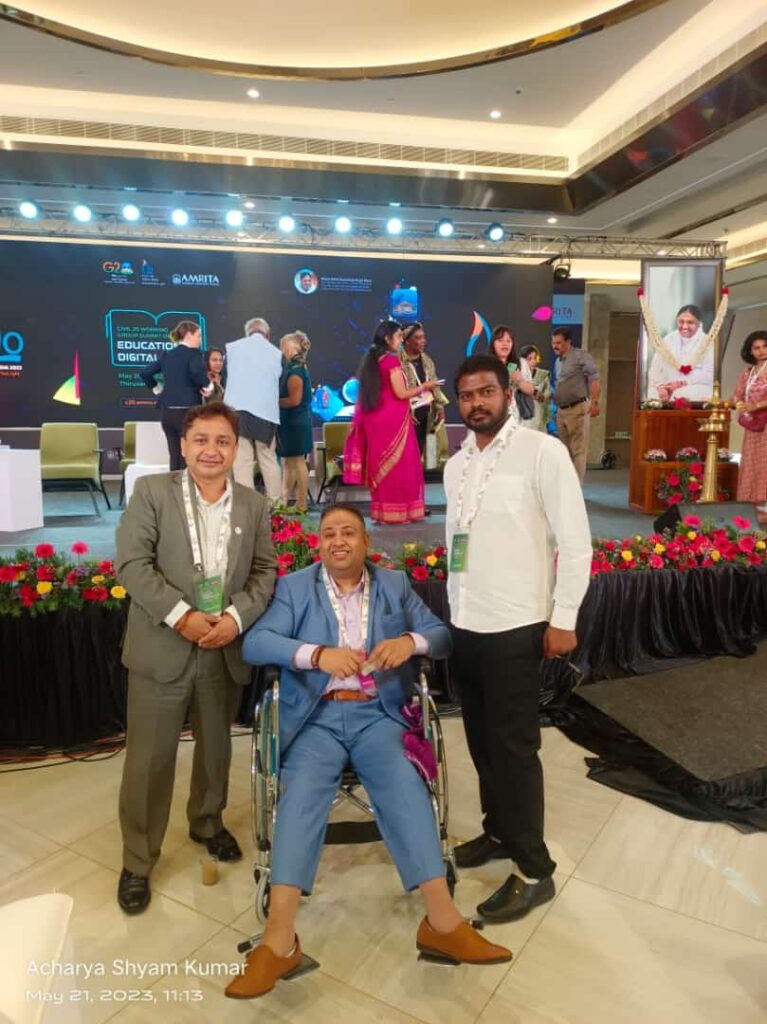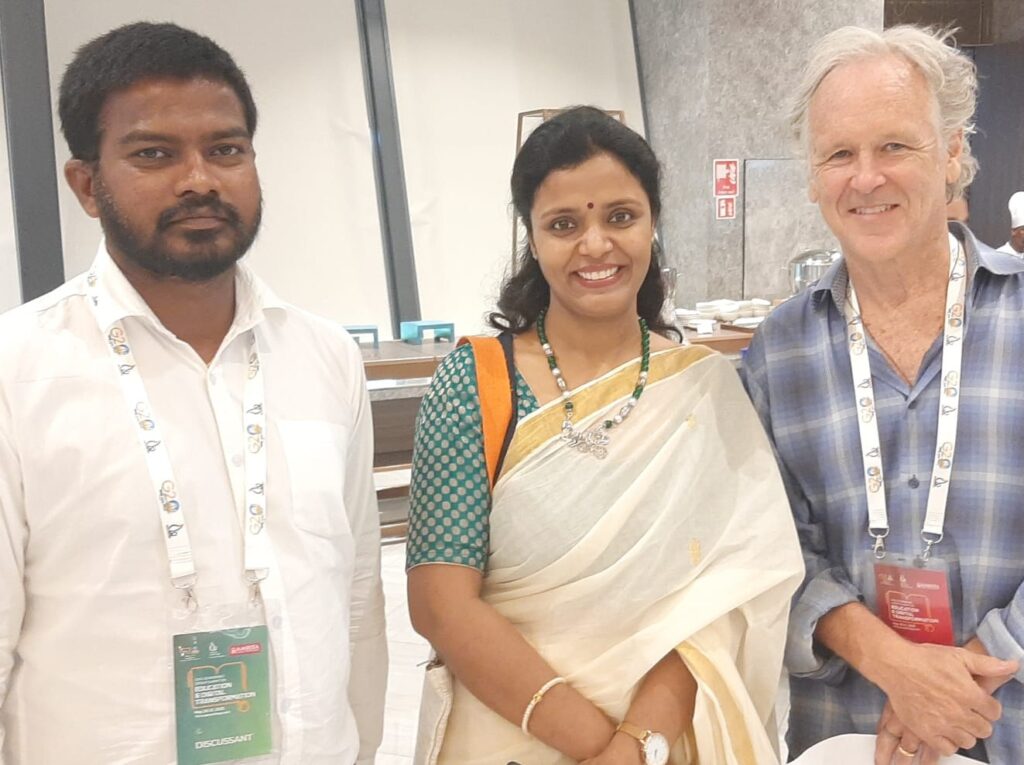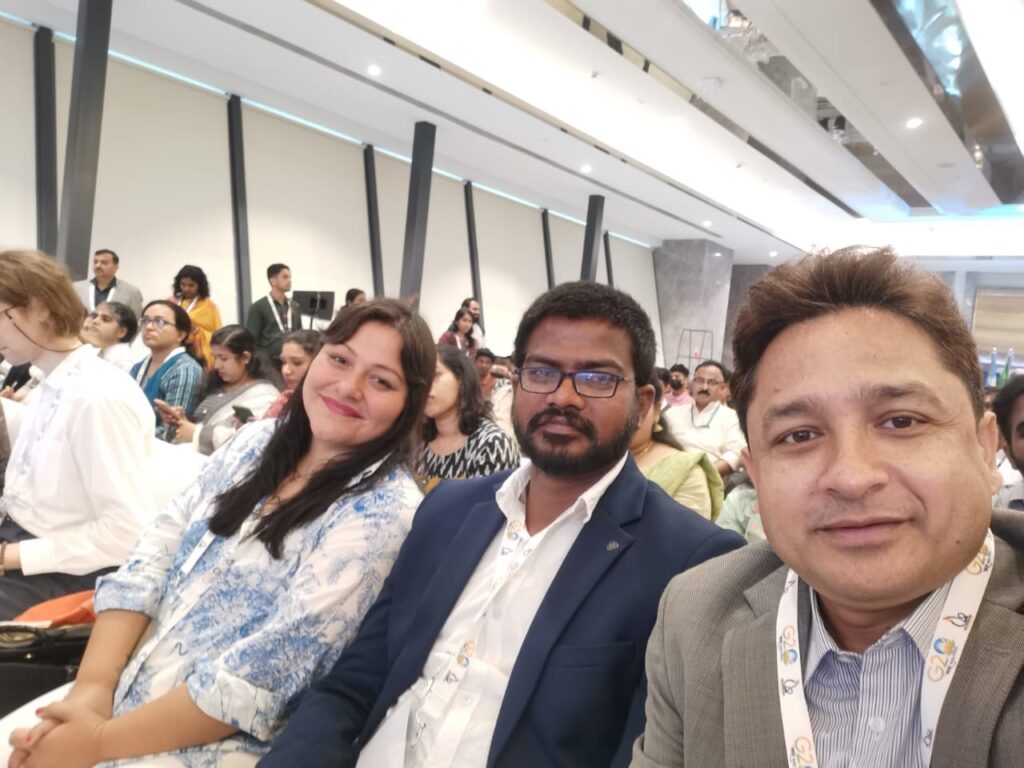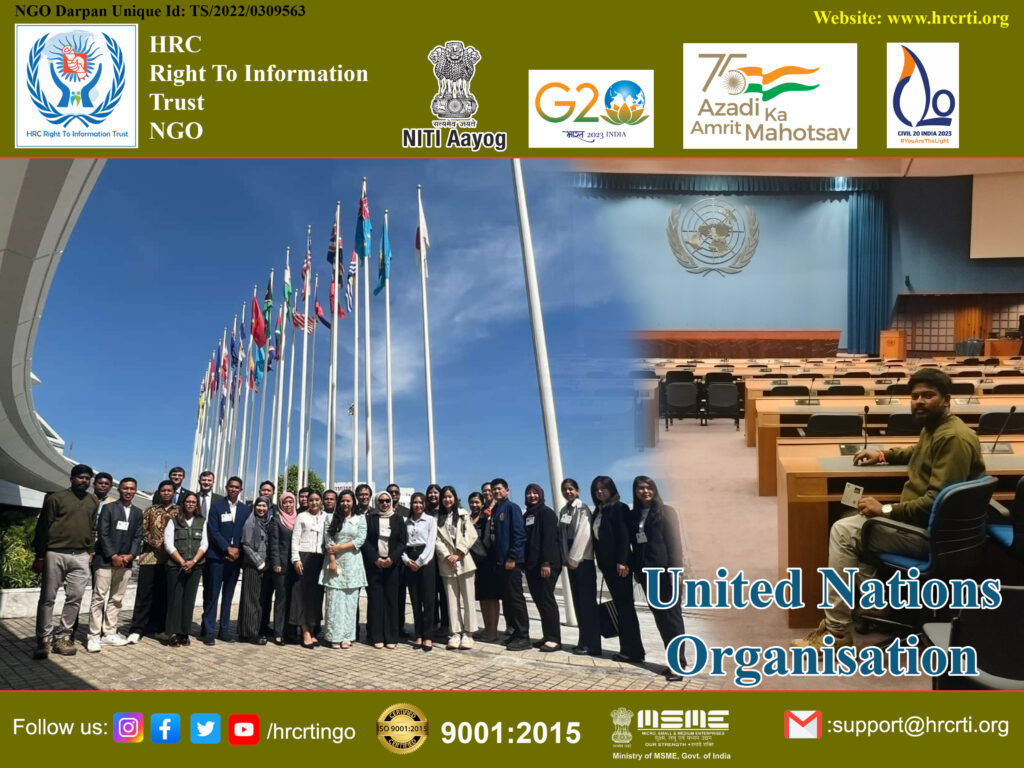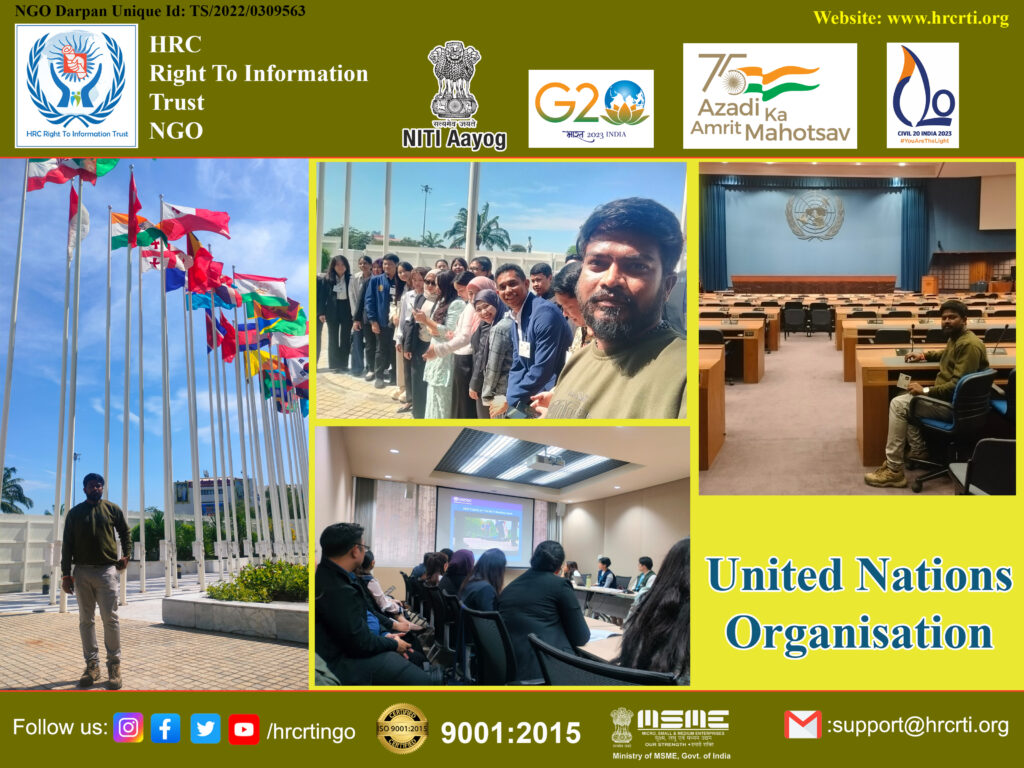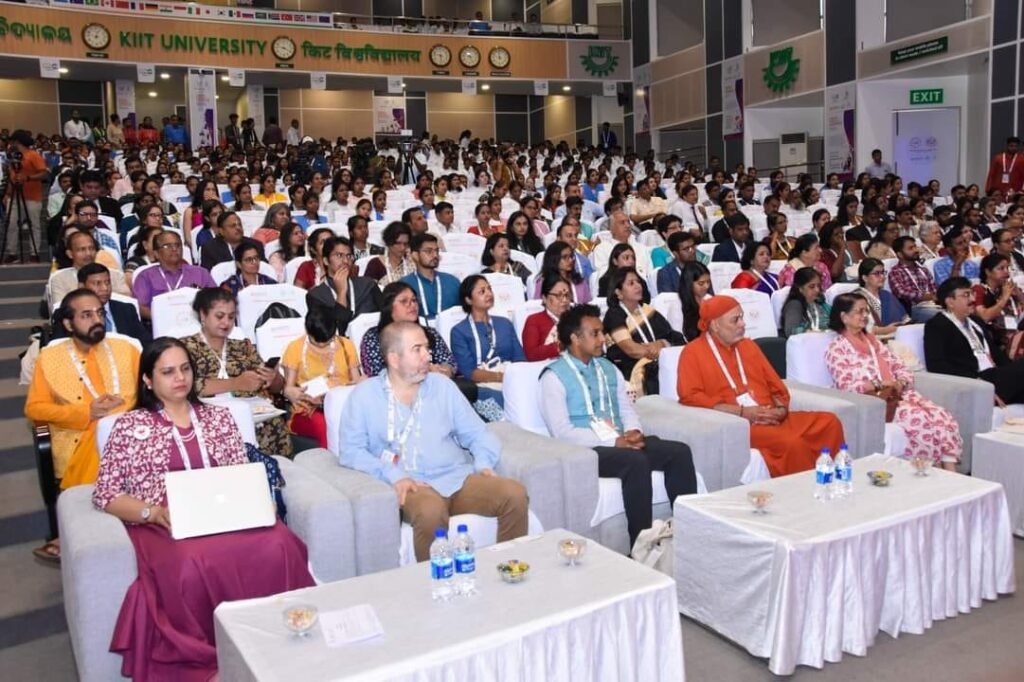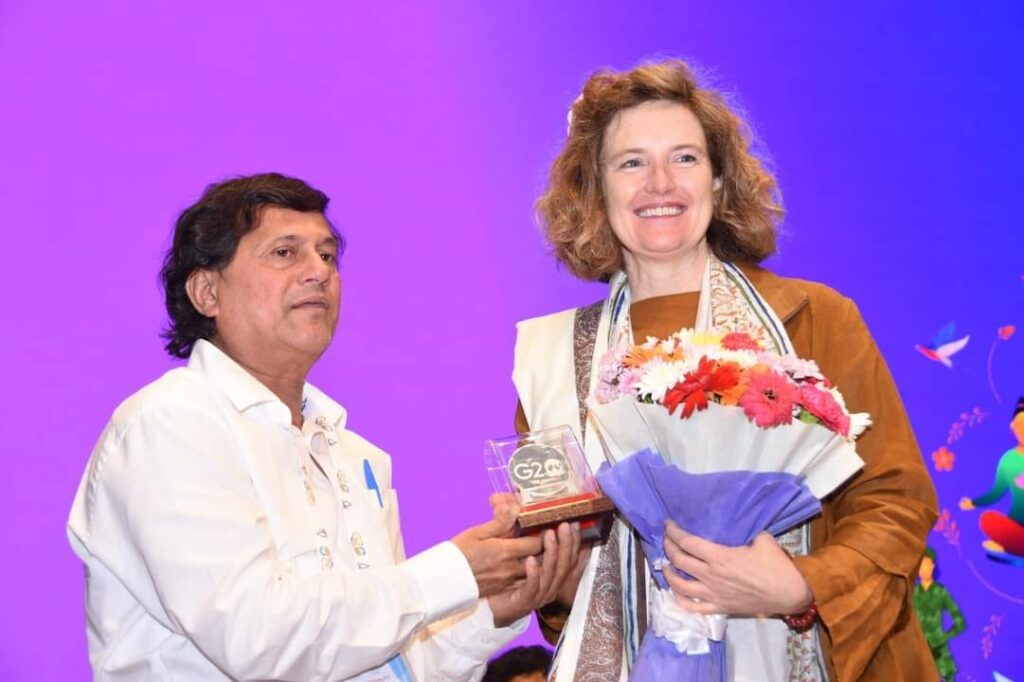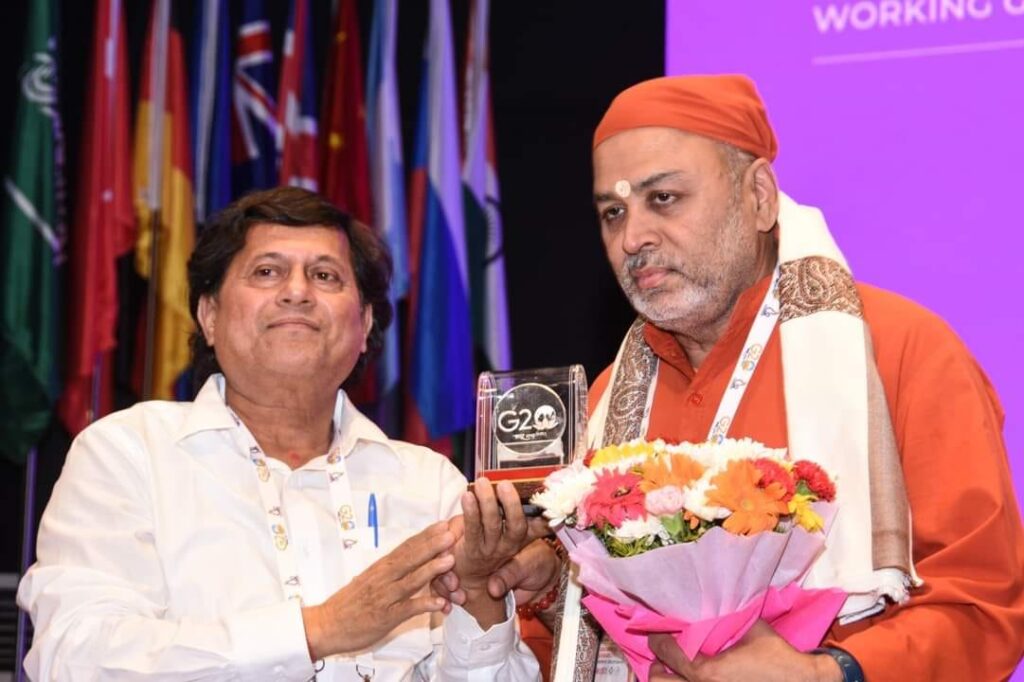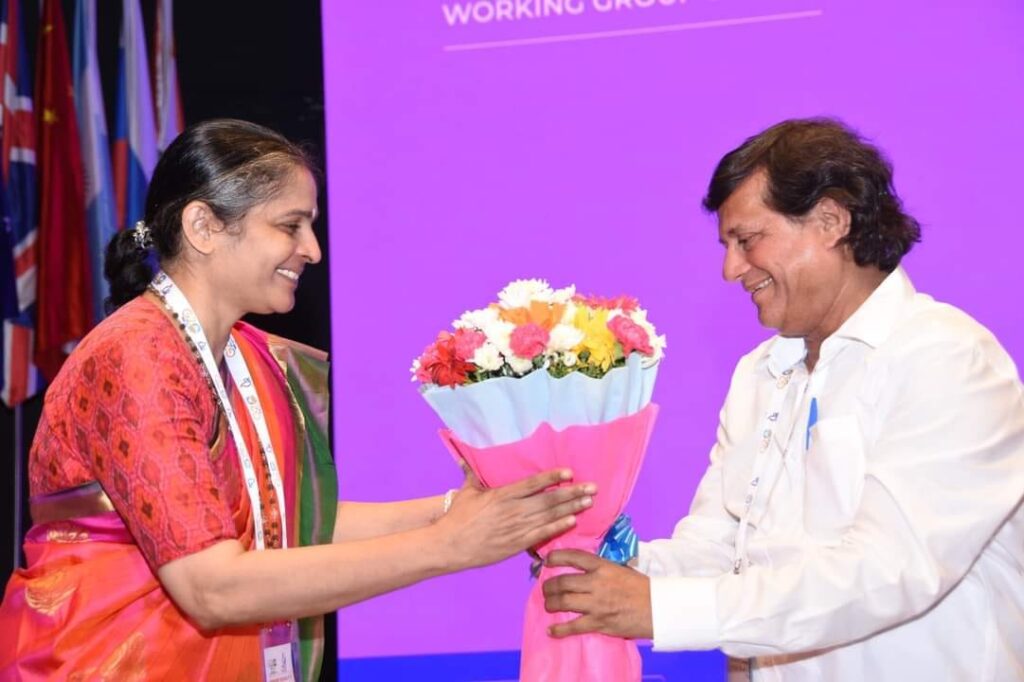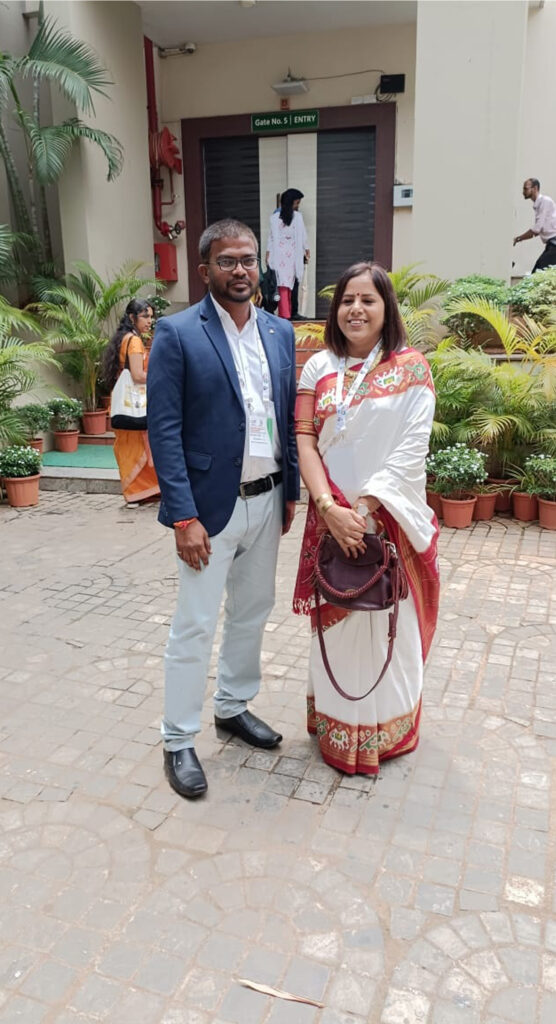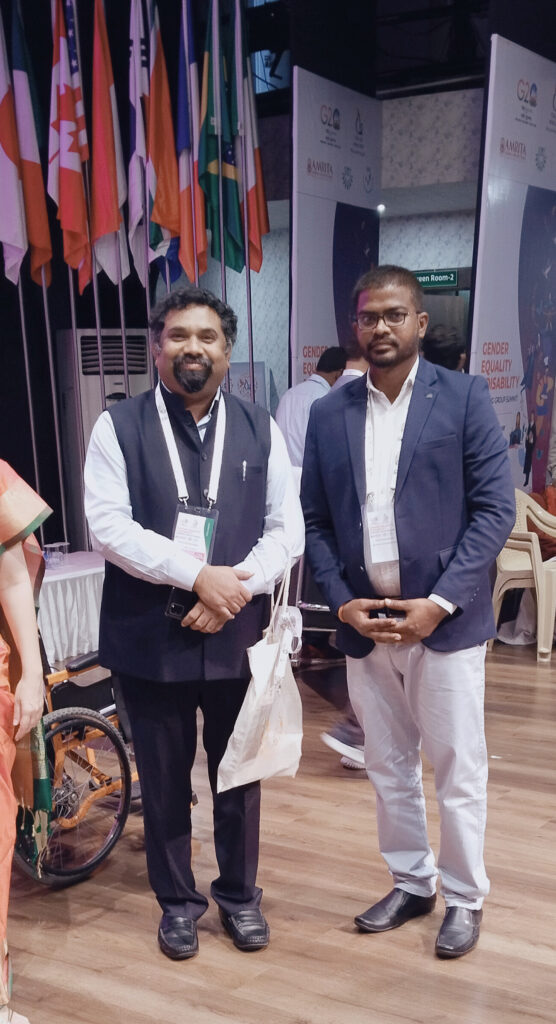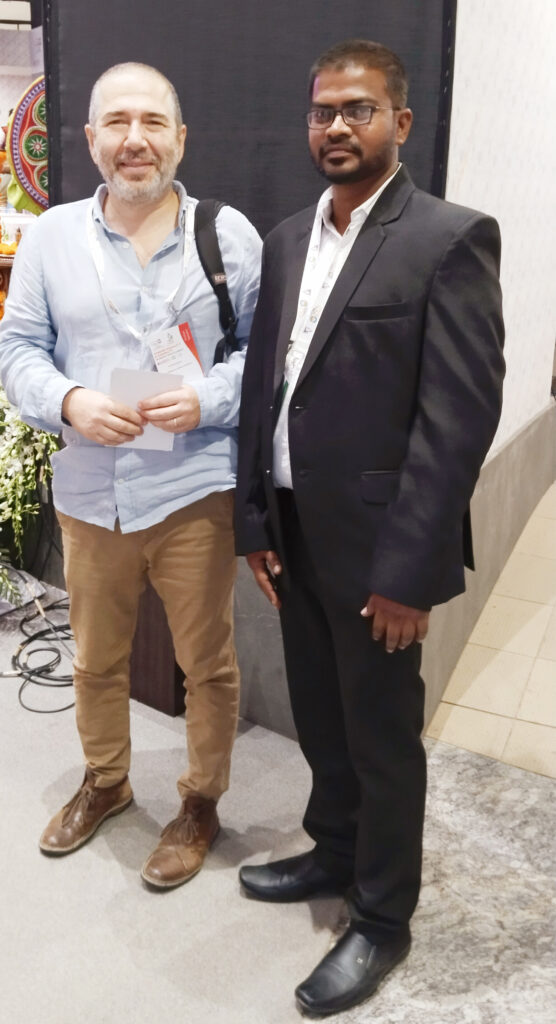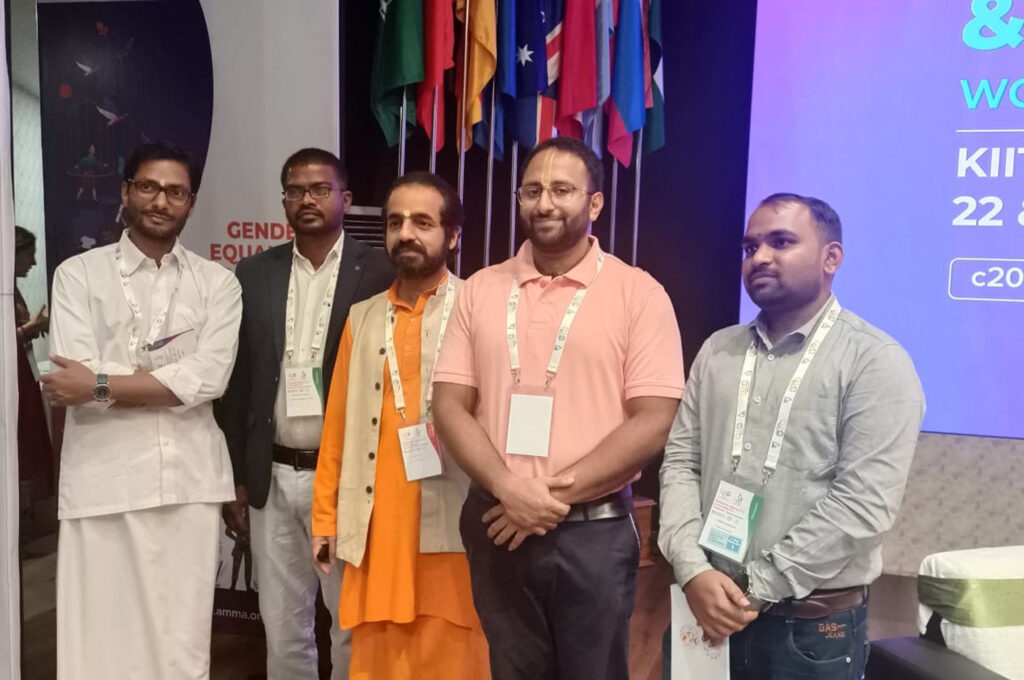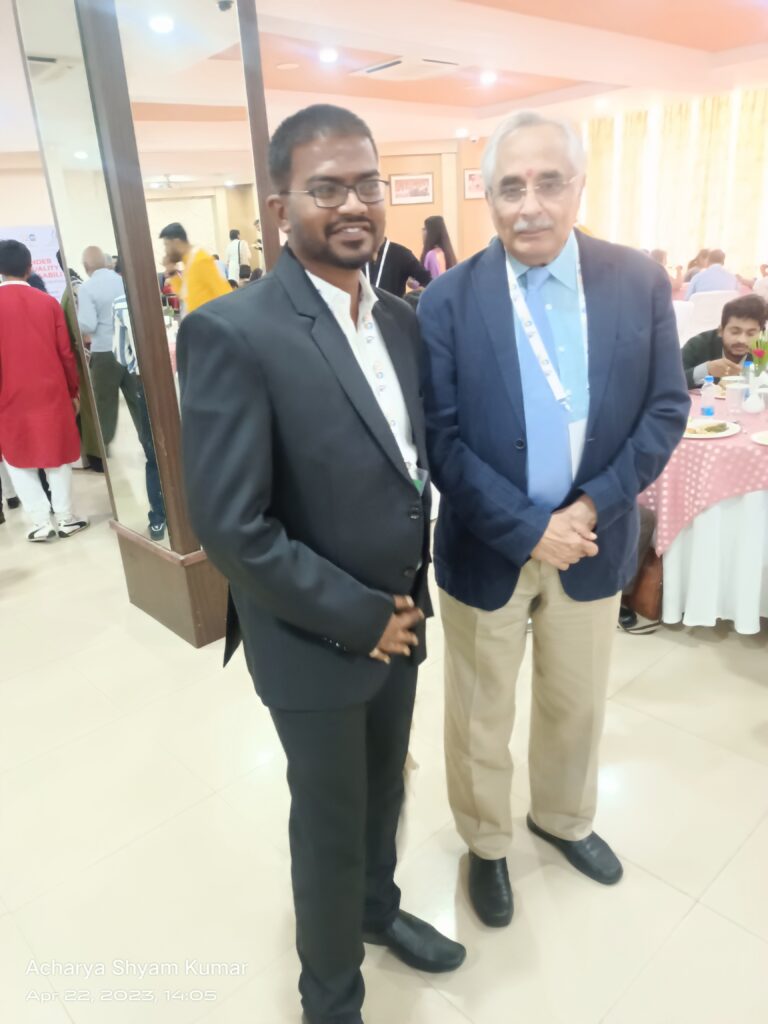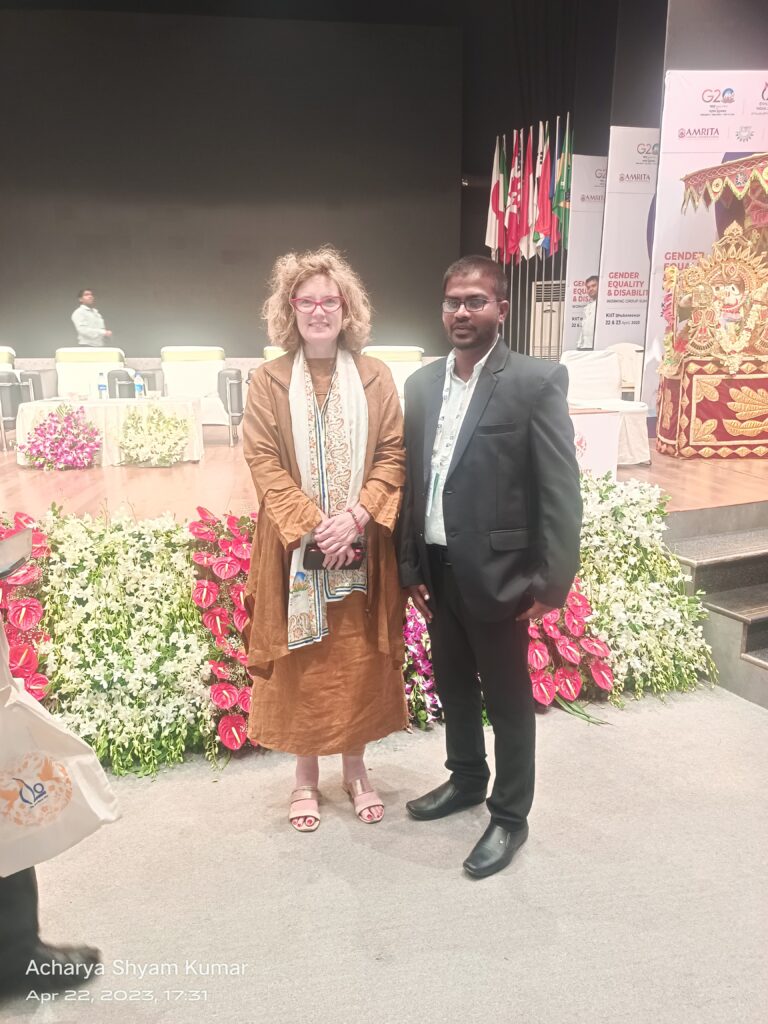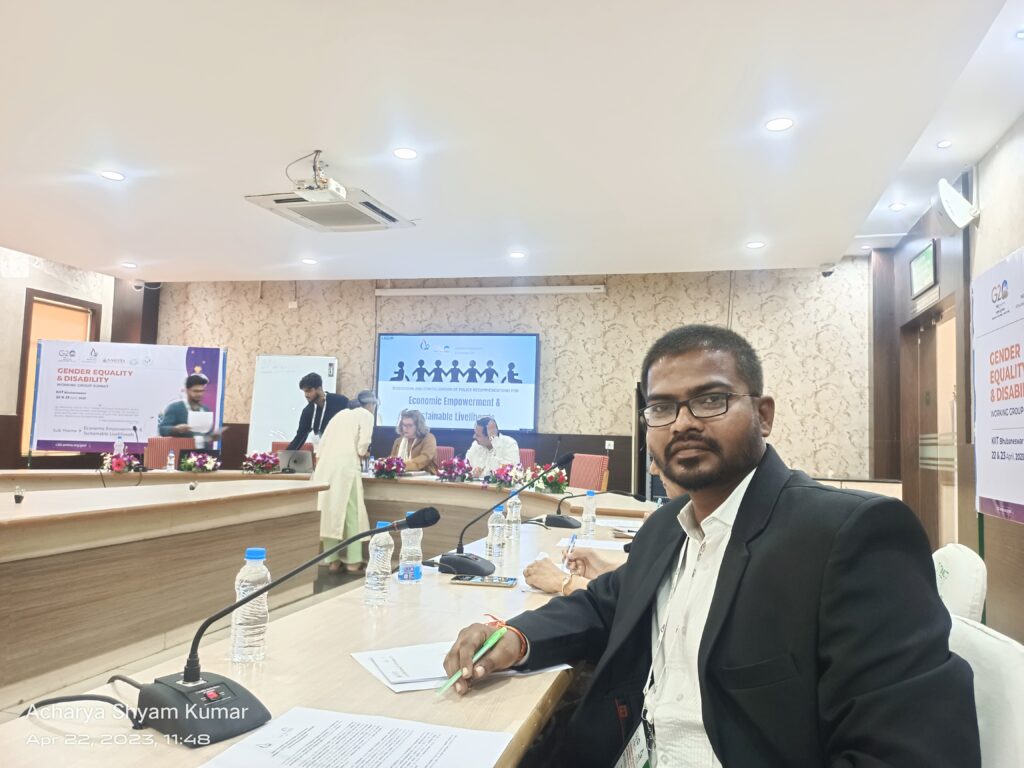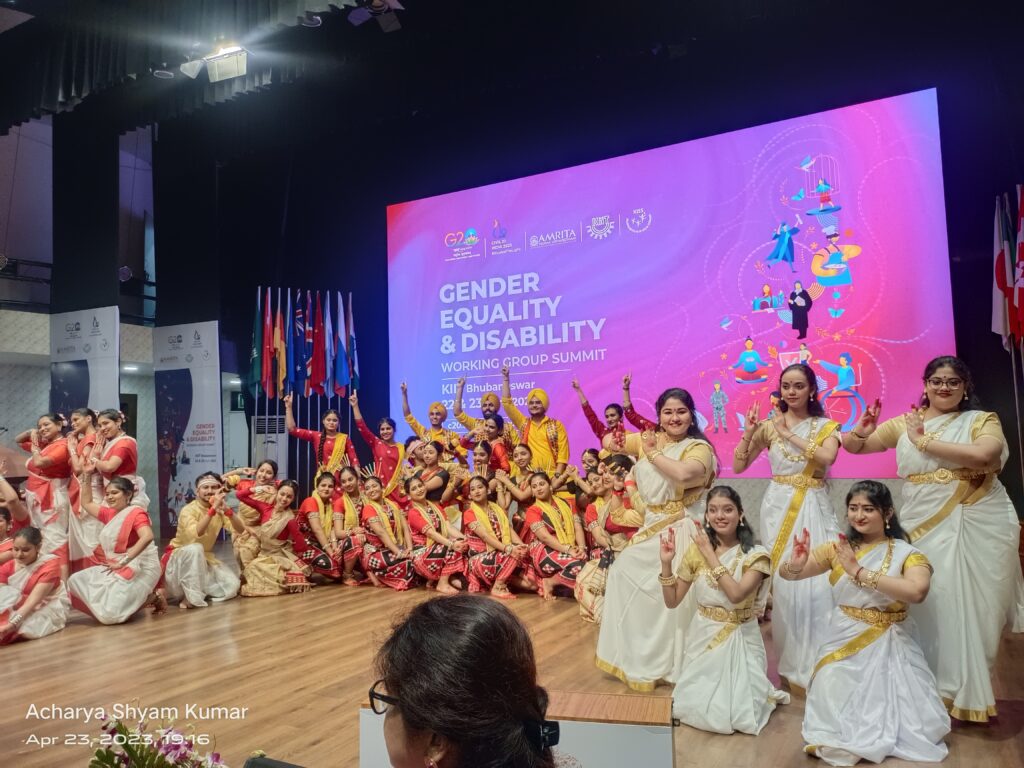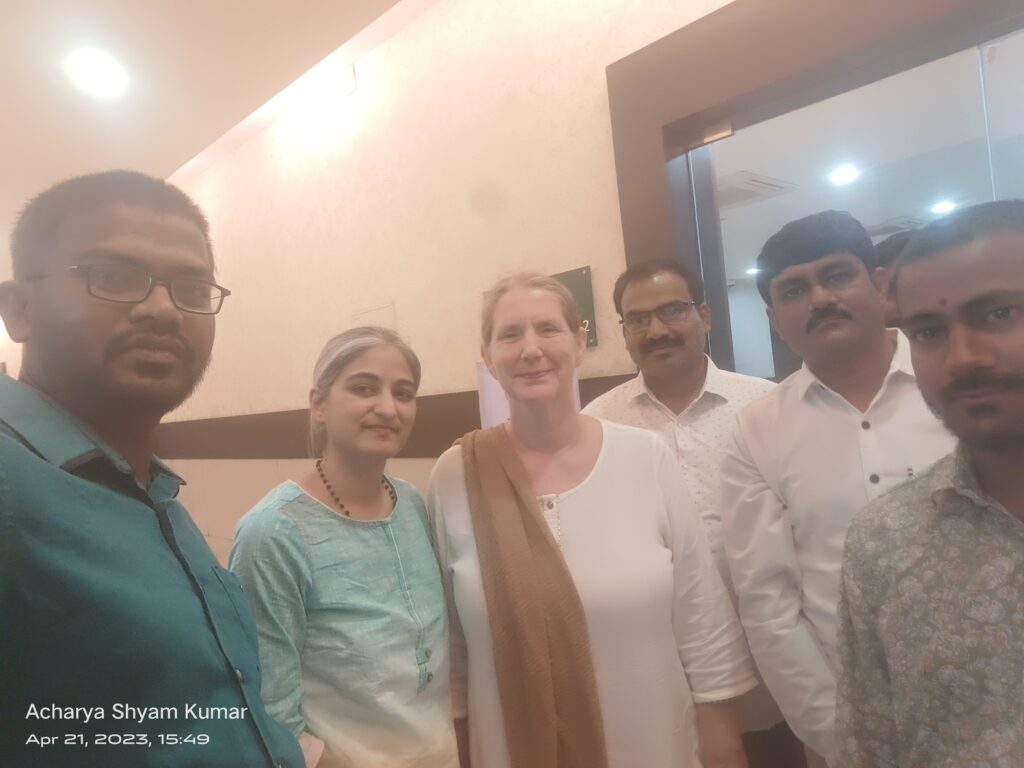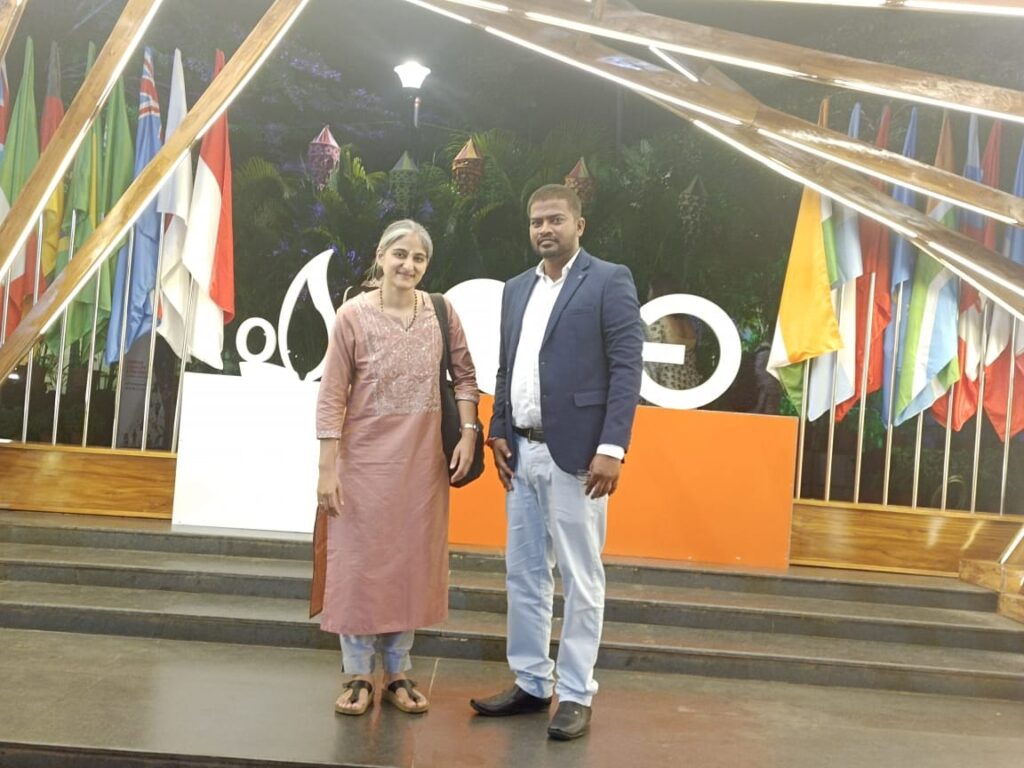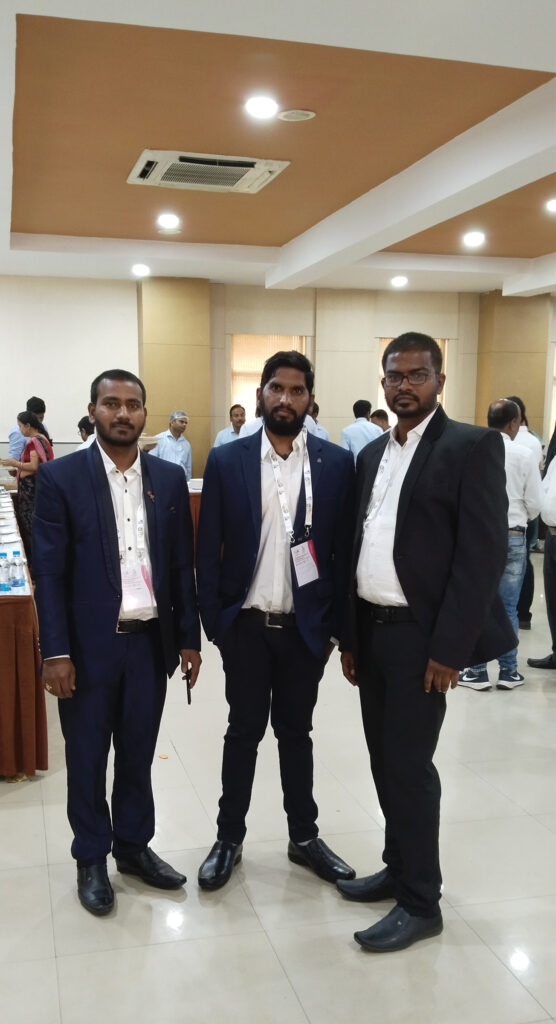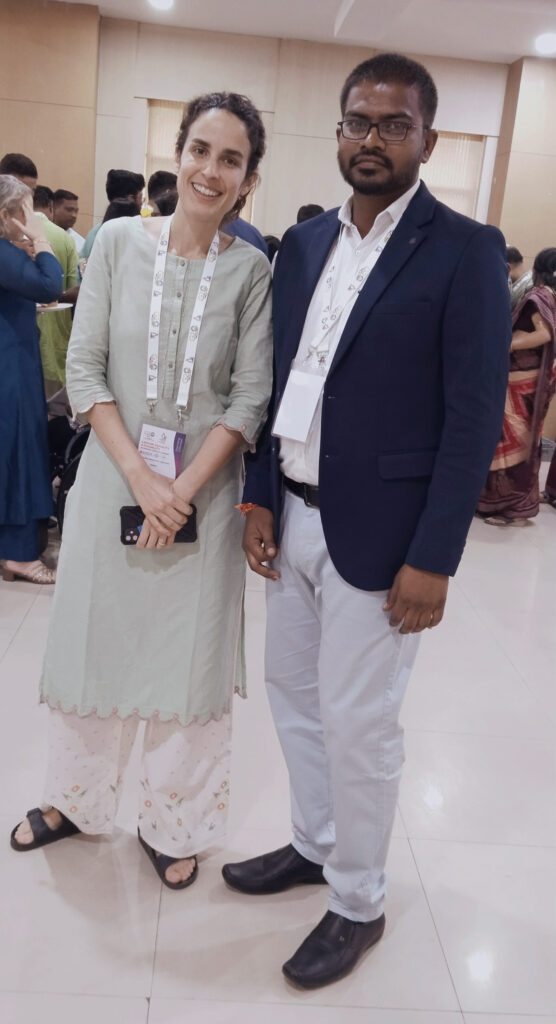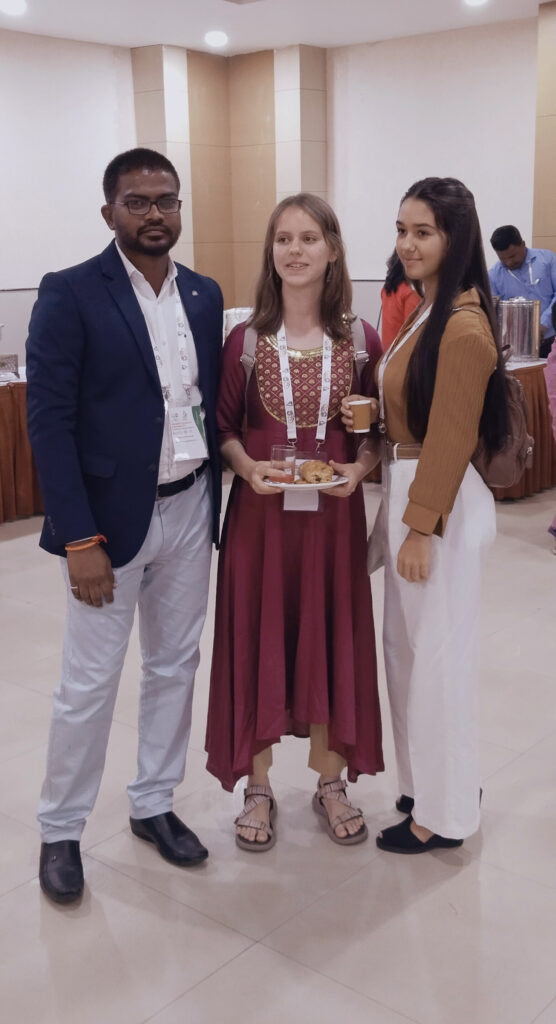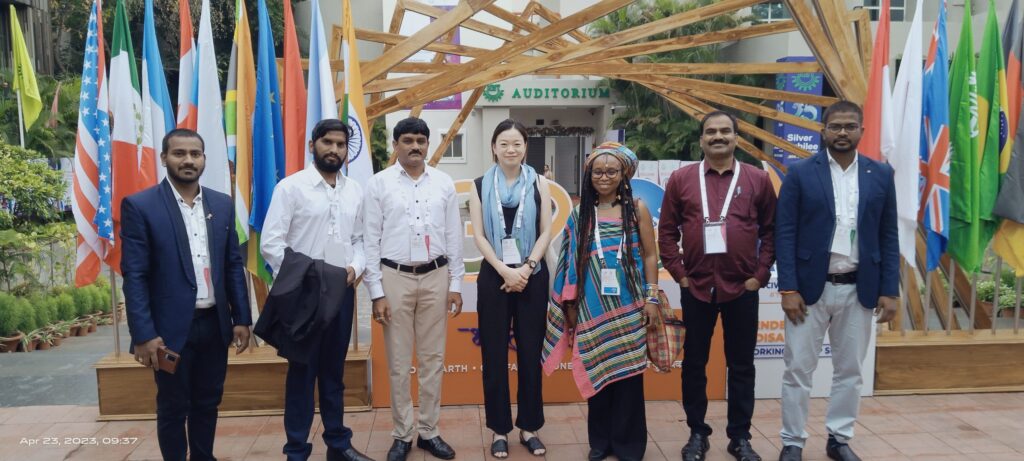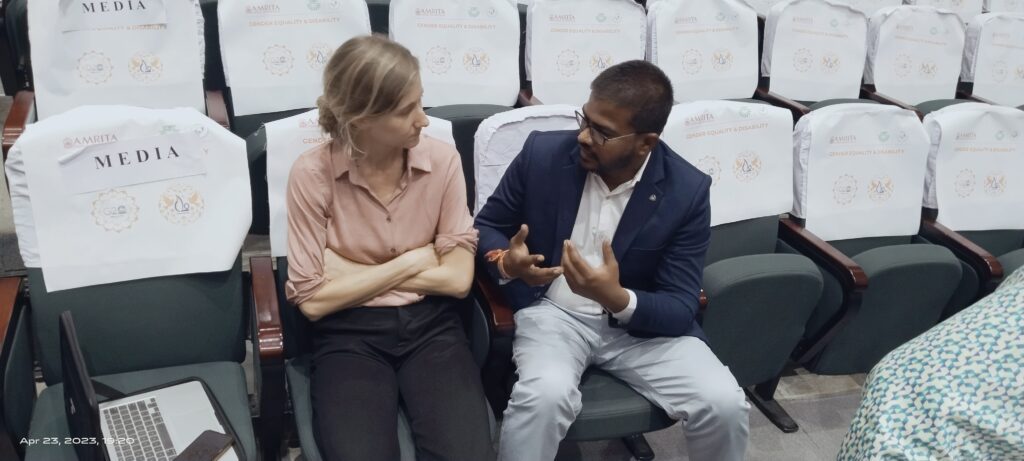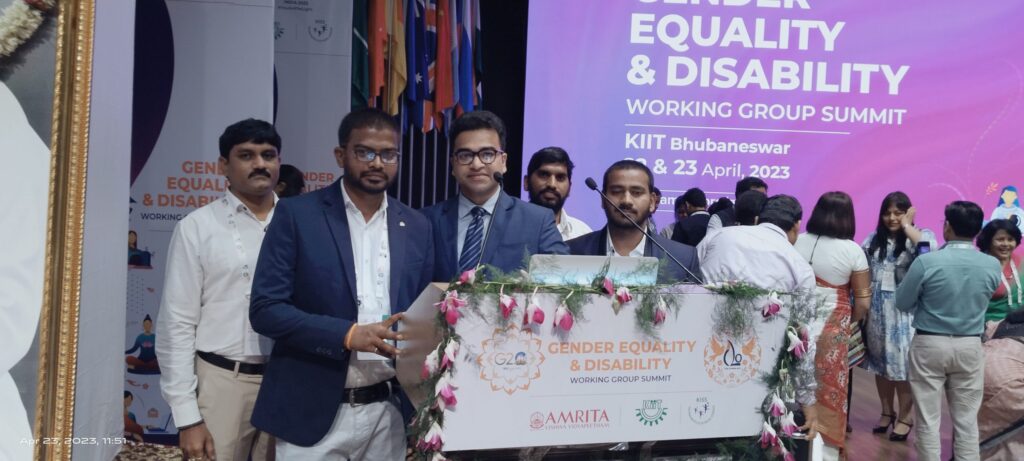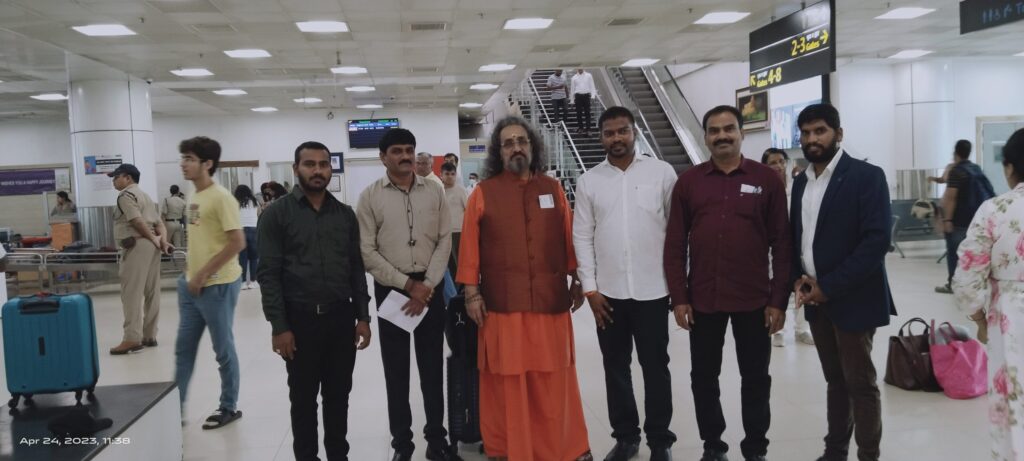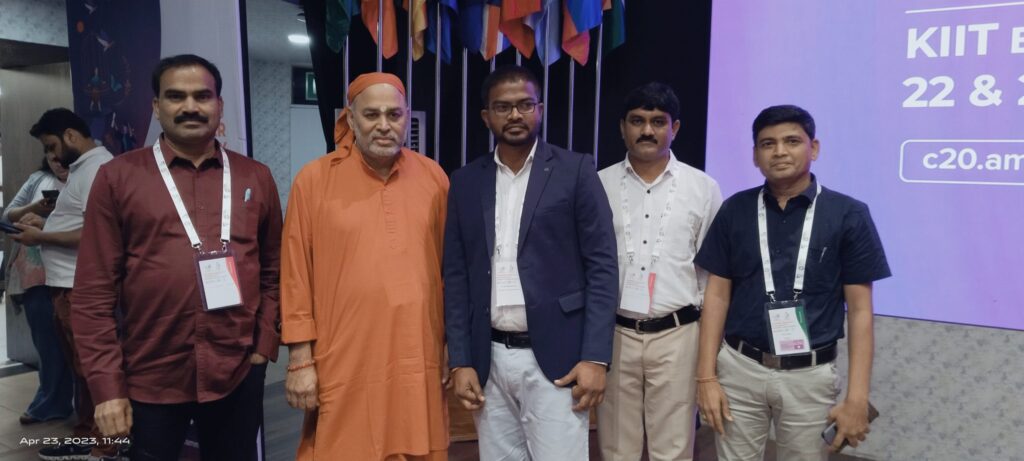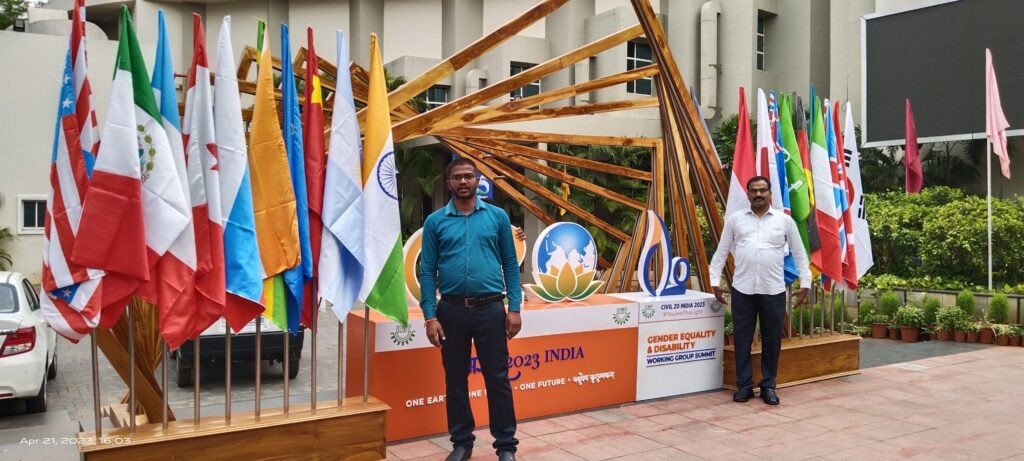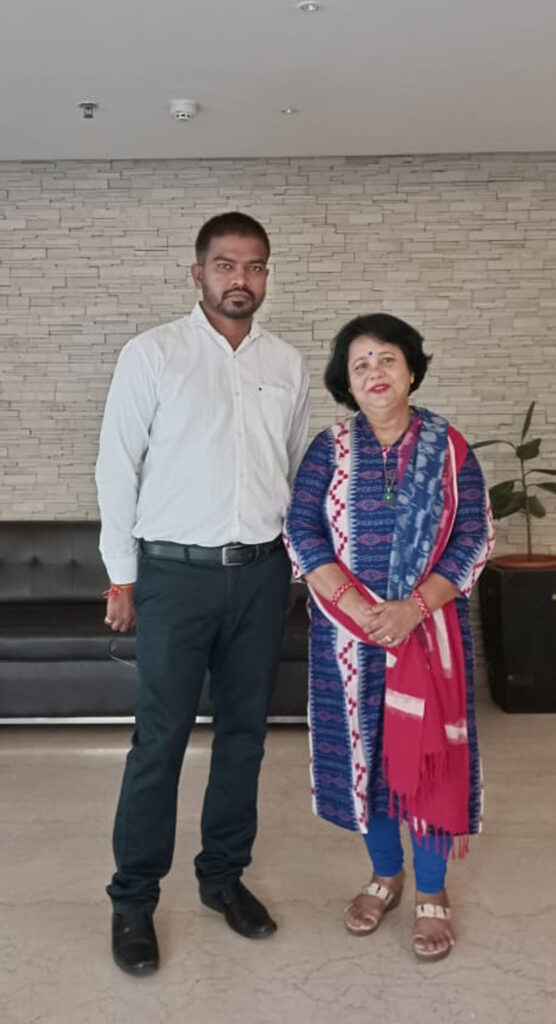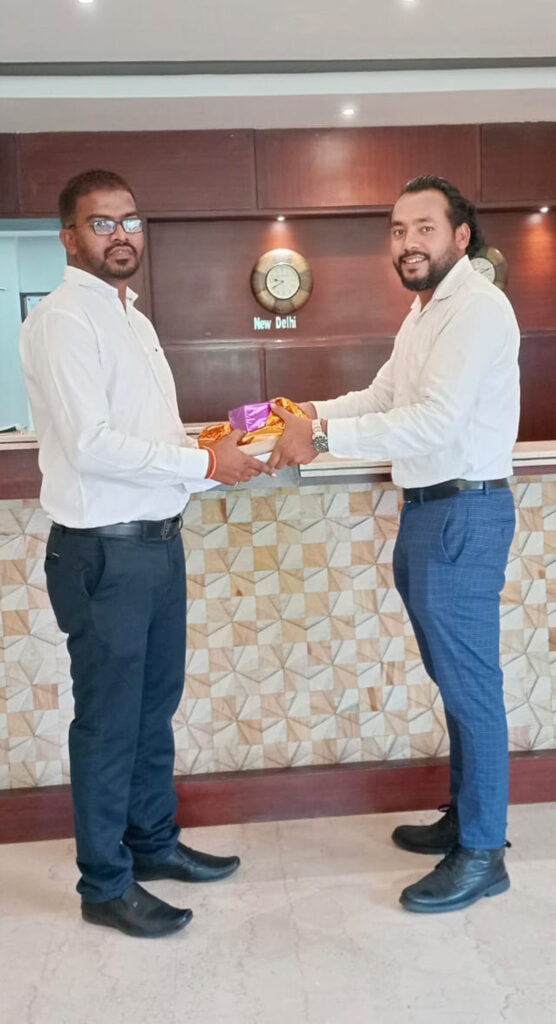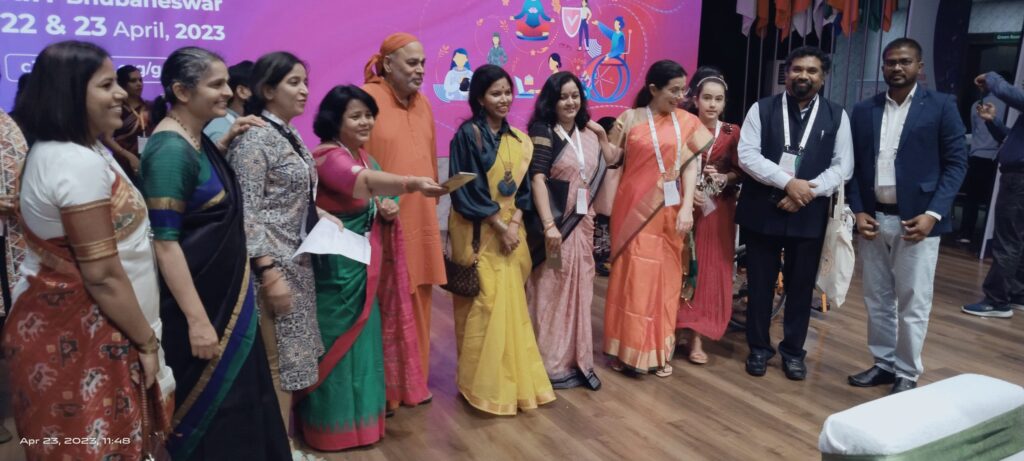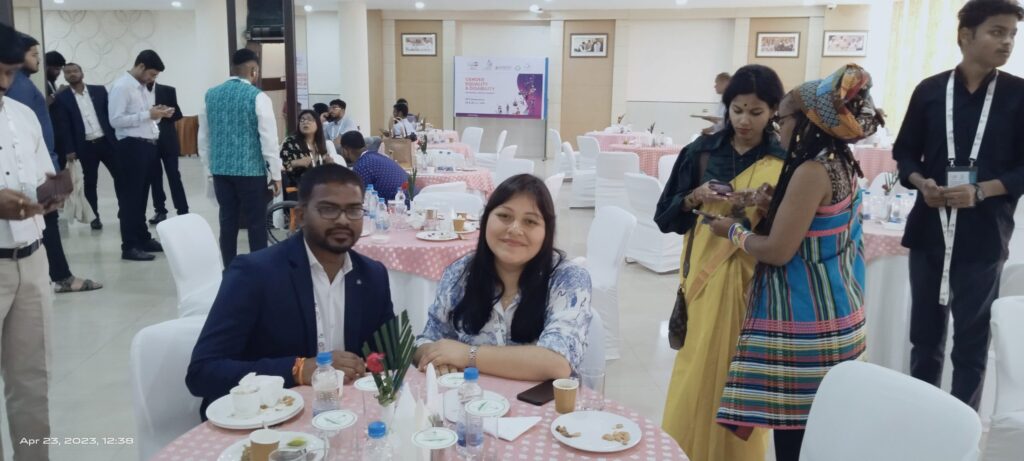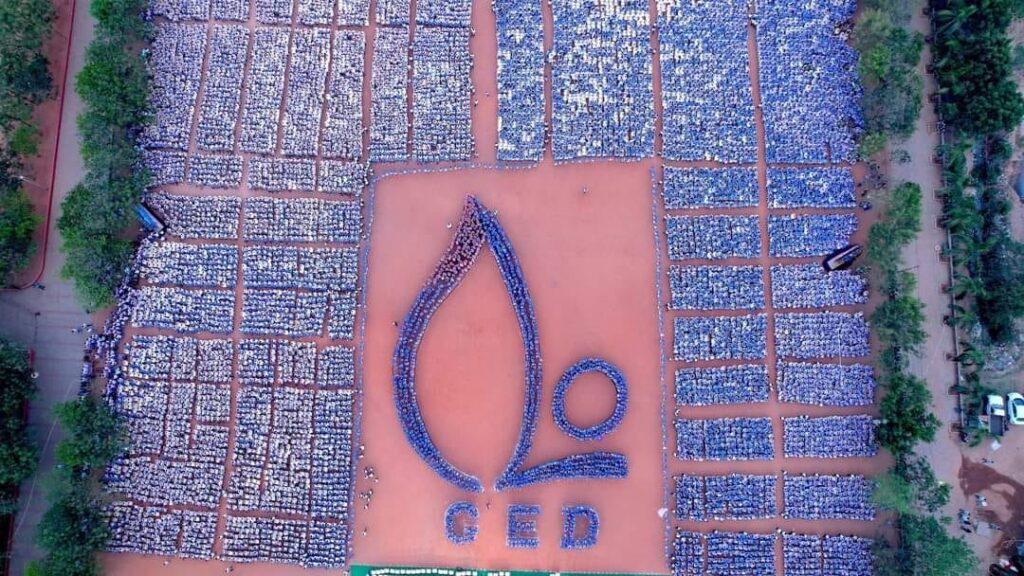HRC RIGHT TO INFORMATION TRUST
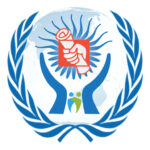


Chairman’s Meeting Experience: ASEAN-Germany Workshop on Human Rights at Sea
Date: 04/12/2024
Location: United Nations Conference Centre (UNCC), Bangkok
Mr. Bolloju Shyam Kumar, Chairman of the HRC Right to Information Trust, had the privilege of attending the briefing organized by the United Nations Office on Drugs and Crime (UNODC) Global Maritime Crime Programme (GMCP) as part of the ASEAN-Germany Workshop on Human Rights at Sea.
The session provided a platform for high-level discussions on the challenges and opportunities in safeguarding human rights within the maritime domain. Representatives from various nations, organizations, and civil society groups were present, fostering an environment conducive to knowledge exchange and collaborative problem-solving.
Key Highlights of the Experience:
1. Expert Insights:
Esteemed speakers shared insights into critical issues such as combating forced labor, trafficking, and other crimes at sea. Mr. Shyam Kumar appreciated the emphasis on aligning maritime practices with international human rights standards.
2. Collaborative Networking:
The workshop facilitated interactions with ASEAN and German representatives, alongside UNODC experts. Mr. Shyam Kumar actively engaged with policymakers and practitioners, advocating for enhanced transparency and accountability in maritime governance.
3. Interactive Sessions:
Interactive panel discussions allowed participants to explore real-world cases and effective strategies for protecting seafarers’ rights, ensuring fair working conditions, and addressing environmental challenges.
4. Future Prospects:
The workshop underscored the need for regional cooperation in implementing human rights frameworks at sea. Mr. Shyam Kumar highlighted the role of civil society in driving awareness and compliance, expressing optimism about the path forward.
Conclusion:
Mr. Bolloju Shyam Kumar described the meeting as a transformative experience, enriching his understanding of maritime human rights issues and reinforcing the importance of a unified global approach. He reiterated his commitment to furthering the mission of the HRC Right to Information Trust in advocating for justice and transparency in maritime and other sectors.
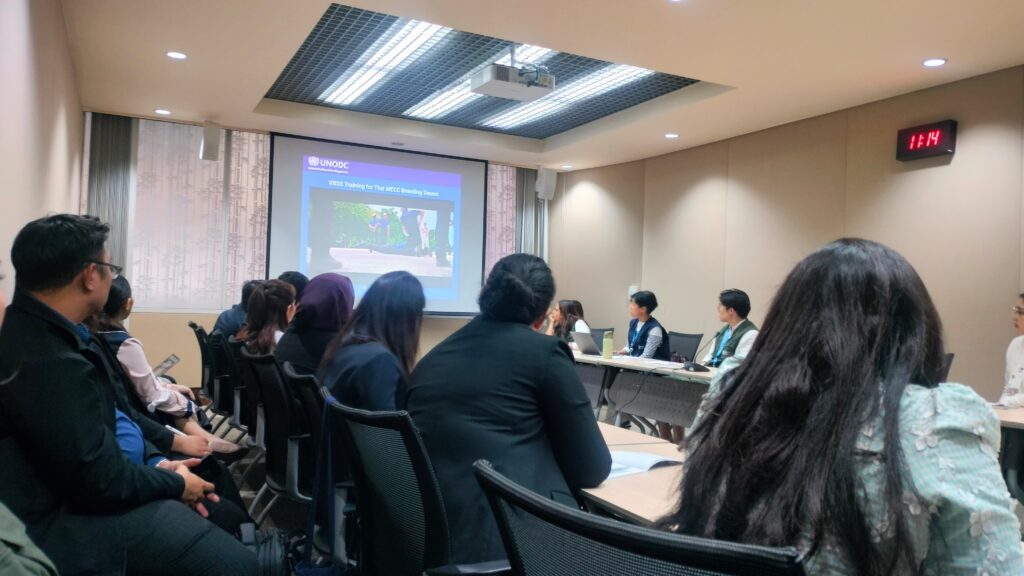
Advancing Women’s Economic Empowerment and Sustainability at the G20 Summit
Introduction: The G20 Summit provides a vital platform for global leaders to address pressing economic and social issues. This concept note outlines our proposal to enhance women’s economic empowerment and sustainability through inclusive policymaking. By integrating gender perspectives into economic strategies, we can foster sustainable development and equitable growth.
Objectives:
1. Promote Gender-Inclusive Policies: Advocate for the development of policies that specifically target the economic empowerment of women.
2. Foster Sustainable Practices: Encourage sustainable business practices that prioritize women’s participation in green sectors.
3. Enhance Access to Resources: Improve women’s access to financial resources, training, and technology.
Key Areas of Focus:
1. Policy Frameworks:
Develop frameworks that integrate gender analysis in economic policies.
Promote legislation that supports equal pay, parental leave, and workplace flexibility.
2. Support for Women Entrepreneurs:
Create funding initiatives and grants aimed at women-led businesses, particularly in sustainable industries.
Facilitate access to mentorship and training programs to enhance entrepreneurial skills.
3. Sustainable Development Goals (SDGs):
Align women’s economic empowerment with the SDGs, particularly Goal 5 (Gender Equality) and Goal 8 (Decent Work and Economic Growth).
Encourage G20 nations to report on progress in women’s participation in sustainable economic activities.
4. Public-Private Partnerships:
Foster collaborations between governments and the private sector to support women in the workforce and entrepreneurship.
Highlight successful case studies of women-led sustainable enterprises to inspire best practices.
5. Data and Research:
Promote the collection and analysis of gender-disaggregated data to inform policy decisions.
Support research initiatives that explore the impact of women’s economic participation on sustainable development.
Conclusion: Empowering women economically is not only a matter of equity but also a driver of sustainable development. By prioritizing women’s roles in economic policymaking at the G20 Summit, we can create resilient economies that benefit all. We call on G20 leaders to adopt these recommendations and commit to fostering an inclusive, sustainable future where women are key contributors to economic growth.
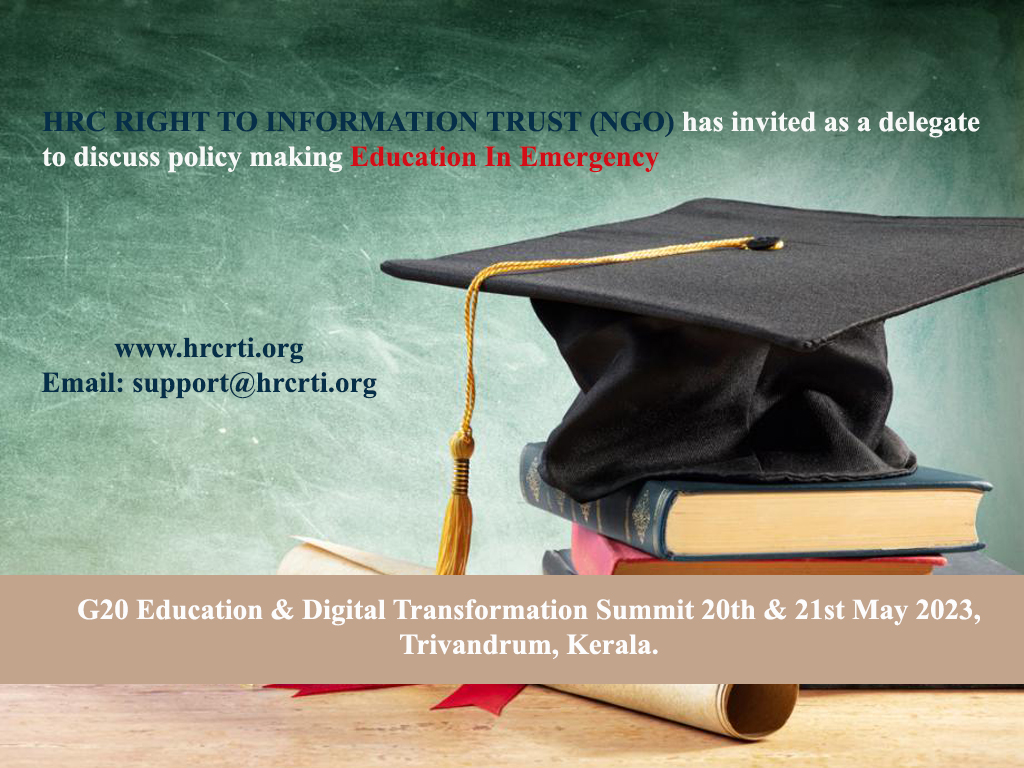
Education and Digital Transformation in Trivandrum
Introduction
The G20 Summit represents a unique opportunity to foster international collaboration on pressing global issues, including education and digital transformation. This concept note outlines our approach to participating in discussions and policy-making processes during the summit, focusing on innovative strategies to enhance education systems and leverage digital technologies.
Objectives
1. Enhance Access to Quality Education: Promote equitable access to education through digital platforms, particularly for marginalized communities.
2. Foster Digital Literacy: Equip learners and educators with essential digital skills to thrive in a rapidly evolving job market.
3. Promote Collaborative Learning: Encourage partnerships between governments, NGOs, and private sectors to create comprehensive educational frameworks.
4. Support Lifelong Learning: Advocate for policies that facilitate continuous education and skill development throughout individuals’ lives.
Key Areas of Focus
1. Innovative Educational Technologies: Explore the use of AI, AR/VR, and other technologies to enhance learning experiences and outcomes.
2. Policy Frameworks: Discuss best practices and develop policy recommendations that support digital transformation in education systems globally.
3. Data Privacy and Security: Address concerns regarding the use of data in educational technologies to ensure safe and secure learning environments.
4. Global Partnerships: Establish networks for sharing resources, knowledge, and expertise among G20 nations.
Proposed Activities
Panel Discussions: Organize sessions featuring educators, technologists, and policymakers to share insights and strategies on digital transformation.
Workshops: Facilitate hands-on workshops focusing on the integration of technology in classrooms and training centers.
Roundtable Sessions: Host discussions to gather diverse perspectives on effective education policies and digital strategies.
Expected Outcomes
1. Policy Recommendations: Formulate actionable recommendations to enhance global educational practices through digital innovation.
2. Collaborative Frameworks: Establish a network of stakeholders committed to advancing educational technology initiatives.
3. Resource Repository: Create an online platform to share successful case studies, toolkits, and best practices among G20 nations.
Conclusion
Our participation in the G20 Summit in Trivandrum presents a significant opportunity to influence global education policies and advocate for the integration of digital transformation in educational systems. By focusing on collaboration and innovation, we aim to contribute to a future where quality education is accessible to all, supported by robust digital infrastructure.
